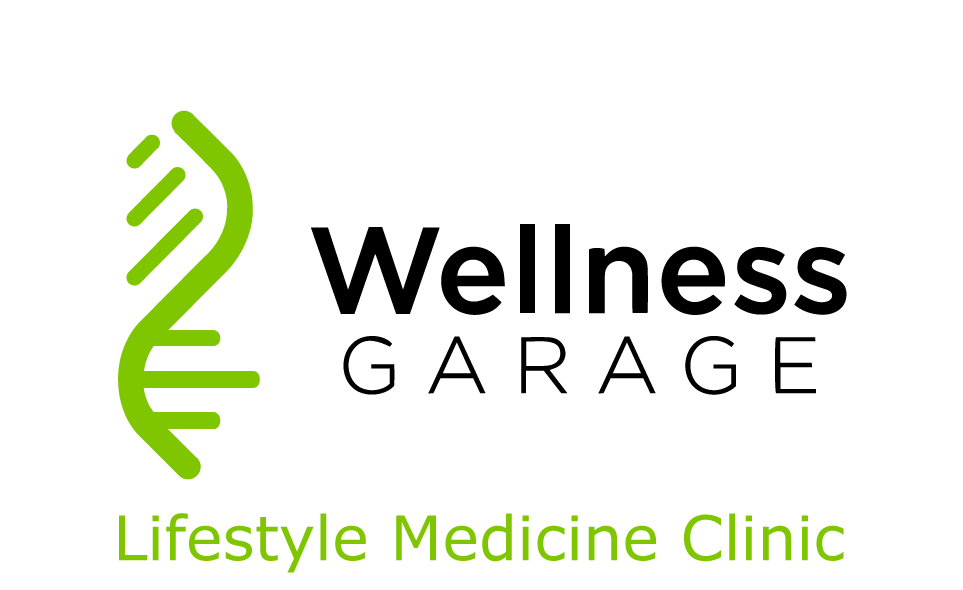|
The EAT Better Strategy:
If you were to design food to make you fat and sick, you would create ultra-processed food. Ultra-processed food is defined as “formulations mostly of cheap industrial sources of dietary energy and nutrients plus additives, using a series of processes” and containing minimal whole foods (Monteiro et al., 2018). In other words, food companies manufacture ultra-processed foods by combining substances extracted from whole foods with additives for taste, texture, shelf life and other factors that enhance the product’s profitability. Strip the food of fibre, load it with sugar and fat, then add salt for taste, and you have food that will
In other words, ultra-processed foods hack our appetite control mechanisms, making us fat in the process. In 2019 Dr. Kevin Hall demonstrated this effect of ultra-processed foods in a study showing that eating ultra-processed foods results in increased calories and weight gain. Hall took ten men and ten women into an in-patient metabolic ward where they were randomly assigned to receive an ultra-processed or unprocessed diet for 14 days followed by another 14 days on the other diet. The subjects were given three daily meals and could eat as much or as little as desired. The two diets matched total calories, energy density, macronutrients, fibre, sugar, and sodium but differed widely in the percentage of calories derived from ultra-processed versus unprocessed foods. Hall’s study found that subjects ate over 500 calories a day more and gained about two pounds of fat in 14 days on the ultra-processed diet. The overeating was almost evenly divided between excess fat and excess carbohydrates while protein intake was unchanged. Not only did subjects eat more ultra-processed foods, but they also ate faster, and bloodwork showed the effects of this diet on essential appetite control hormones. Compared to eating whole foods, subjects showed:
Now you may be thinking, “I get it - it’s junk food, but I don’t eat that much of it.” But collectively, we do: 50% of the calories Canadians consume comes from ultra-processed foods! A recent review found that increased ultra-processed food consumption correlates with higher risks of obesity, heart disease and stroke, diabetes, cancer, frailty, depression, and death.
No association between ultra-processed foods and beneficial health outcomes was found. Compounding these ill-effects is the fact that the more ultra-processed the diet, the less whole foods consumed. And eating lots of veggies, fruits, legumes, and whole grains has been associated with beneficial health outcomes. So how do you recognize ultra-processed foods - here we turn to Michael Pollan’s food rules:
What to eat? Check out these posts in our Eat Better strategy:
Need help applying this to your busy life? Get a personalized nutrition plan to gain clarity and improve your health: The TARGET Nutrition Plan takes a personalized, evidence-based approach to help you make better choices. Our nutritionists assess what you are currently doing and provide you with a personalized plan (including meal plans). Everything you need to transform your diet. Why is nutrition so hard to figure out? Why is it so confusing to know how to eat well and be healthy? When did eating become nutrition? This is our attempt to cut through the noise and help you learn foundational habits that will make eating better easier. The EAT Better Strategy:
This is not about diets. Diets do not work.
Diets are temporary, highly restrictive programs of eating to lose weight and are unfortunately damaging exercises in futility. (Diets are also about selling books!)
Inherent in the ‘diet’ approach is a reductionist mindset that the precise nutrient composition of one’s diet matters most. Since we cannot see nutrients, we as consumers have to rely on experts to tell us what to eat. These experts have wildly different views that lead to a dogmatic, almost religious element to food advice that divides food into good and bad, demonizing some foods and elevating others to superfood status. Michael Pollan calls this nutritionism, a term he popularized from the work of Gyorgy Scrinis. Nutritionism is an ideology, not science - a view that specific nutrients in food determine whether a food is healthy or not. “This focus on nutrients has come to dominate, to undermine, and to replace other ways of engaging with food and of contextualizing the relationship between food and the body," wrote Scinis in 2008. This ideology has even come to overtake nutritional science and government advice, easily co-opted by industry to market questionable food as healthy. “Twinkies now with Omega-3!” Nutritionism allows the food industry to market highly processed foods as healthy when they add specific nutrients back to the product and market accordingly - think of vitamin-fortified cereals. Nutritionism may even be one of the causes of the current rise of diabetes, obesity and chronic disease we see in the Western world. Specifically, the recommendations in the late 1970s and early 1980s for consumers to lower their intake of saturated fats led to profound shifts in Western diets with refined carbohydrates replacing fat in industrially produced food. This shift is thought by some to be the single most significant causal factor responsible for the epidemic of obesity in the world today. Pollan counters nutritionism with his simple advice (that we have borrowed): "Eat food, not too much, mostly plants. This simple advice is the antidote to nutritionism; a holistic counter strategy focused on whole foods. Ready for the EAT Better Strategy? EAT Better is our attempt to cut through the noise and help you learn foundational habits that will make eating better easier. The EAT Better Strategy:
Need help applying this to your busy life? Get a personalized nutrition plan to gain clarity and improve your health: The TARGET Nutrition Plan takes a personalized, evidence-based approach to help you make better choices. Our nutritionists assess what you are currently doing and provide you with a personalized plan (including meal plans). Everything you need to transform your diet. (Part of our January series on S3 Weight Management - Systematic, Stratified and Sustainable) If you are trying to lose weight - here is a very simple rule - stay hydrated and do not drink your calories. As Dr. Yoni Freedhof put it recently - "Drink only the calories you love", we might add "Learn to live water!"
Satiate your thirst with clear liquids - water, green tea, black coffee, seltzer. Drink when thirsty and then some. You’ll know your hydration level as the lighter your urine, the more hydrated you are! Liquid calories are always extra - they do not fill you and do not register in your brain’s satiation centre. Most calories in drinks come from either sugar or alcohol - and neither will help you with your goals. As with food, bio-individuality also applies to the amount of water our bodies need to function properly. On average men should ingest about 3.7 liters and women about 2.7 liters of water each day. This may seem like a lot, but this includes water that we get from our food, which accounts for an estimated 20% of water consumed daily. Try these tips and tricks for staying well hydrated!
For other posts in this series:
On January 22nd - we will launch a new group program - fully covered by MSP (for those with a BMI >30 or a BMI between 27 and 30 and a weight related diagnosis). During the month of January - we will be posting about the foundational behaviours for sustainable weight management - stay tuned. If you would like to learn more about the S3 program and whether you are eligible please check out our Sustainable Weight Management program page. 50% of Americans have high blood pressure according to the new guidelines from American College of Cardiology and the American Heart Association. Lost in the debate about whether this makes sense to label so many people with a disease was the recognition that normal blood pressure is now defined as 120/80 and the acknowledgement that the risks from blood pressure increase progressively, and linearly from levels as low as 115/75 in people from 40 to 89 years of age. For every increase of 20 mmHg systolic and 10 mmHg diastolic there is a doubling of mortality from both heart disease and stroke. Here is the Wellness Garage strategy for high blood pressure: 1. Know your blood pressure:
2. Know whether you have insulin resistance:
3. Get moving - exercise is key
4. Eat better - lose weight
5. Salt - stop eating packaged food and decrease how much you eat out - see #3
7. Sleep - develop a great sleep routine
This 7 step strategy will allow you to take control of your blood pressure and do everything you can to either avoid medication or take as little as possible. Backgrounder on Hypertension:
What is it?
How is it defined?
Why is it important?
What causes it?
|
AuthorDr. Brendan Byrne Categories
All
|
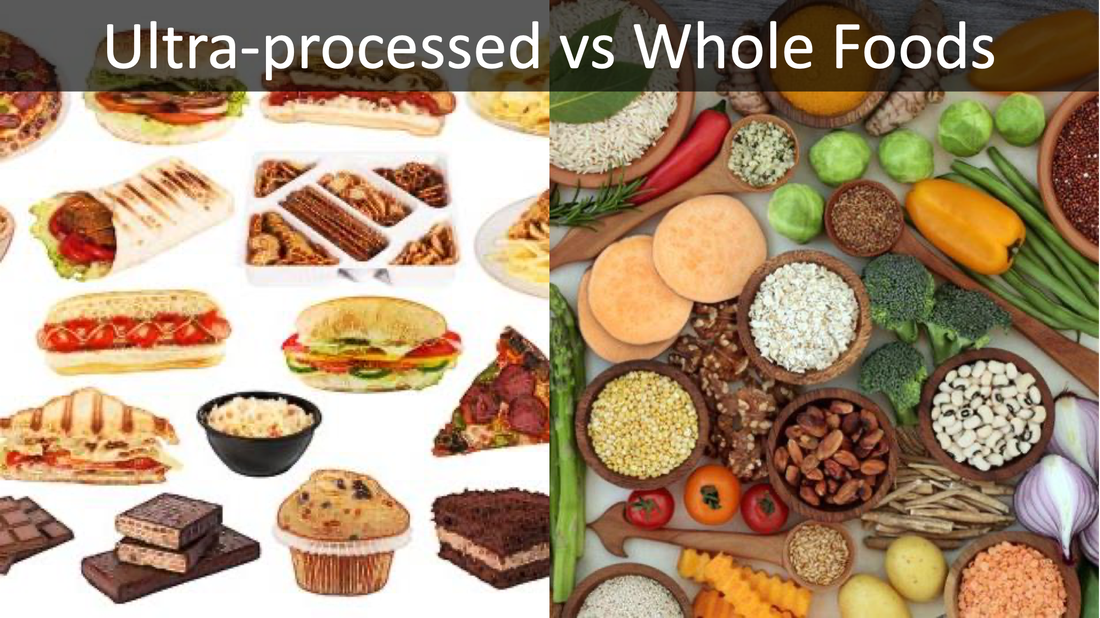
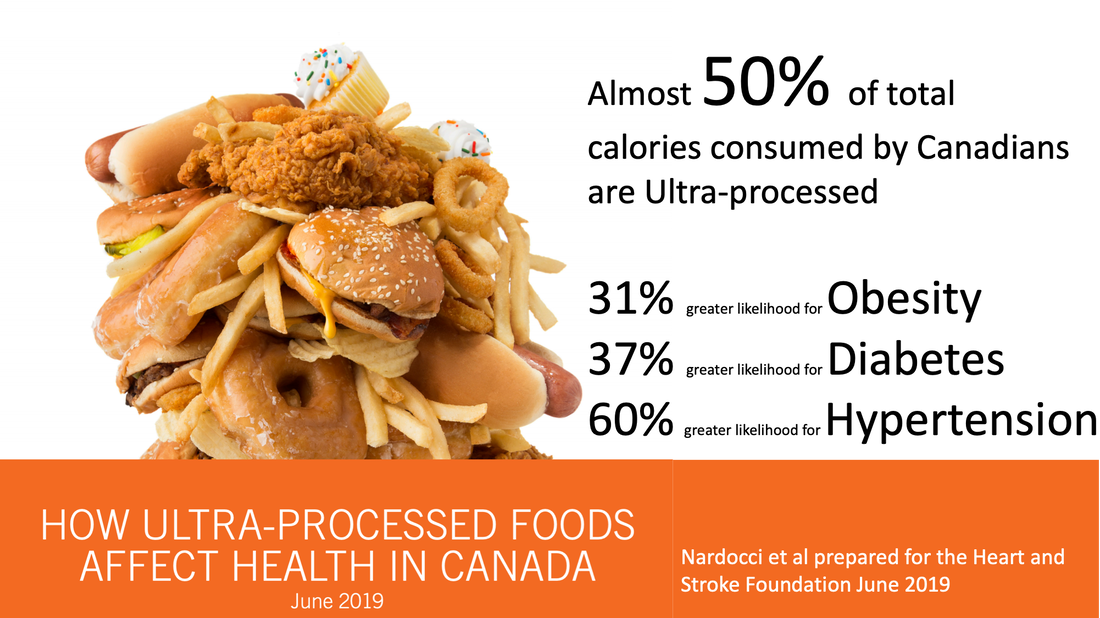
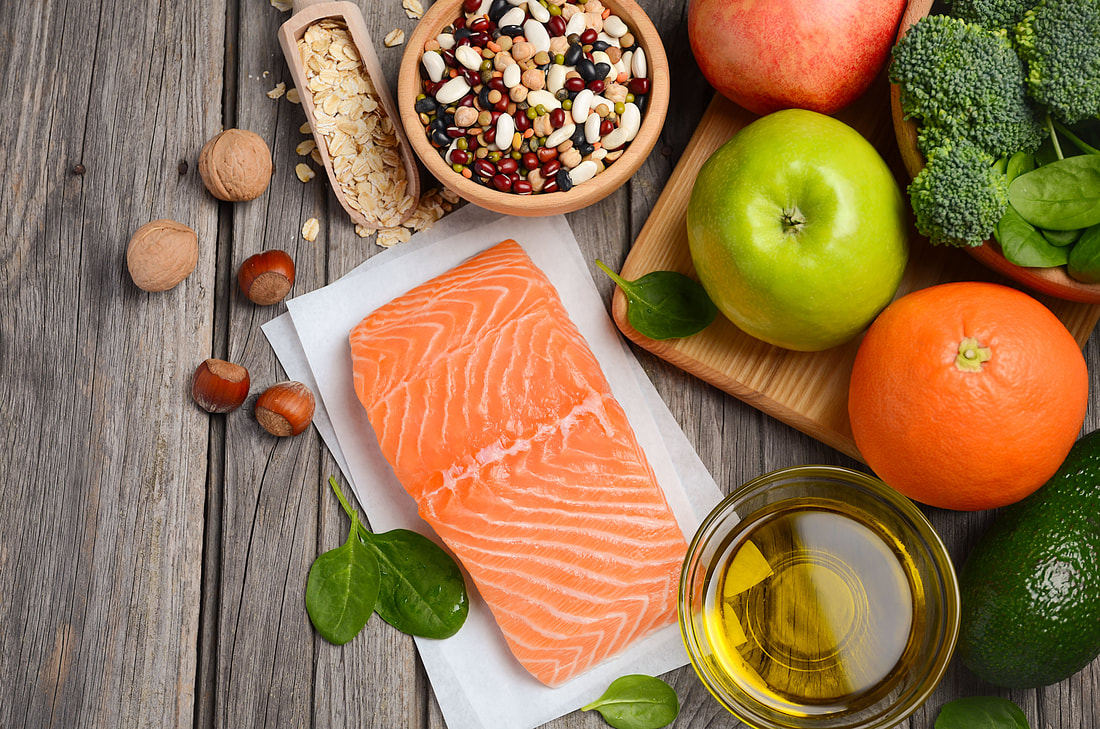
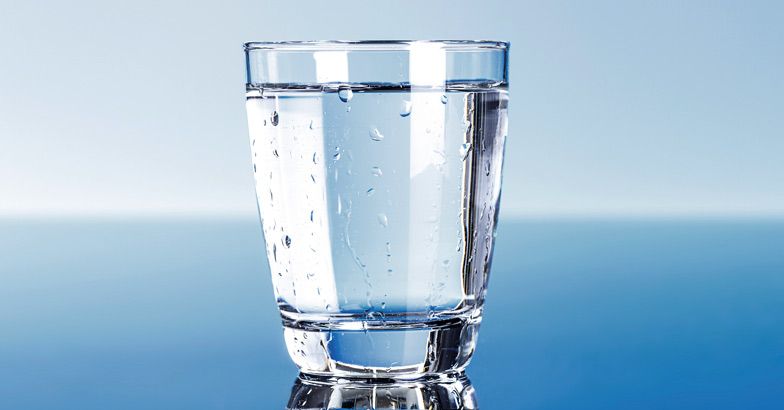
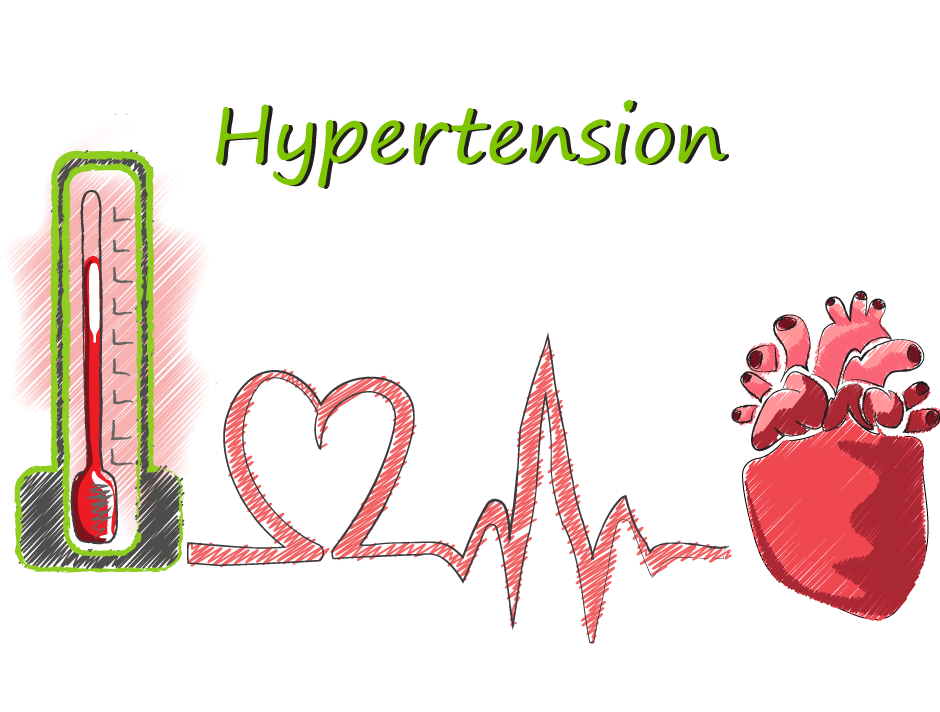
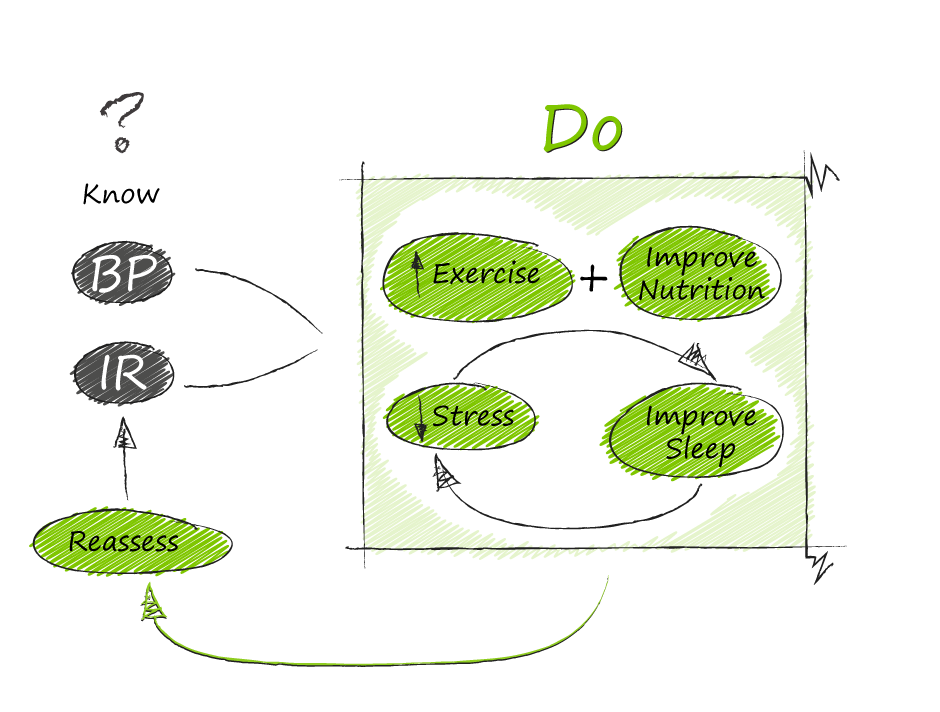
 RSS Feed
RSS Feed
